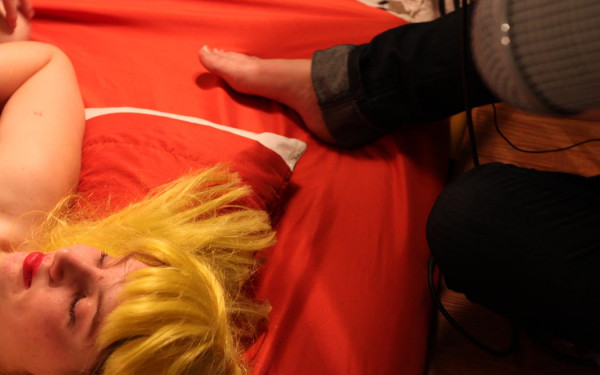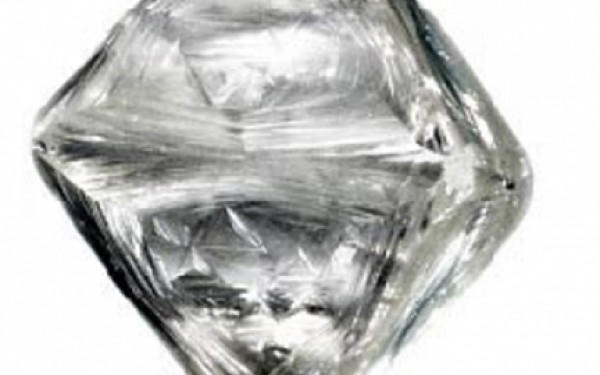The Link’s Annual Women’s Issue
First things first—we have made incredible gains. Let us not deny that; let us not forget that, or denigrate that. The women and men who have come before us have brought us to a good, solid place. In many ways, women and men in North America right now are exactly equal.
They enjoy the same rights before the law. They enjoy the same freedoms, the same options, the same gifts, the opportunities to pursue the same goals. But in many ways, they are not equal. Not yet.
We are in a complicated point in time, like the ‘negative peace’ that follows a war. Though the bulk of the fighting has stopped, the situation is still tense and permeated by injustices and the potential for violence. There remain opportunities for backsliding. There remain a myriad of seemingly infinite opportunities for improvement, whether significant or minor, whether tangible or ephemeral—which could be a good incentive for progress.
But we’re treating the situation like the battle is won, and the gender problem is solved. It isn’t. Whether you’re a woman, a man, or anything else, society has a lot to tell you about who you are allowed to be, where you are allowed to go, what you are allowed to achieve, and what your body and your choices say about you.
Despite having gained the status of Person, the right to vote, the right to own businesses, inherit property, control their own money, the right to drive, the right to education, the right to equal pay for equal work, women are not equal to men.
It might fair to say that they may never be; that no amount of gender justice initiatives or awareness campaigns will erase the centuries—the millennia—when men’s physical strength and violence, and the structures they constructed, imbued with these traits, held sway.
The past holds an incredible power over the present.
But there are ways to tell whether we in the present are treating women equally. And by most measurable standards, we are not.
Women are less present in the most powerful societal positions—in politics, in finance, in religion and in the media. Your favourite bands and rappers are men. Your favourite athletes are men. Your heroes are men, your famous quote books are filled with men.
It is easy to forget that this isn’t just ‘normal’ or ‘the way it is,’ and many people come up with reasons to explain away gender inequalities like these. Women just want to focus on their families. Women don’t care about excelling. Women are evolutionarily designed not to seek power. Women this, and women that. But what do we really know about women?
Any time a dominant power group in a society is confronted by an inequality it is propagating, it tries to insist that it’s only natural. It will do everything it can to keep things the way they are. It will see being asked to be fair—no matter how politely—as a terrible injustice to itself. It will kick and scream.
But it must be dragged, kicking and screaming, into the future. It must be forced to relinquish its grip on the past. And with time, it will realize that the future holds a prospective of progress for all, that it is enriched by the contributions of humans it once thought lesser.
It is in this spirit that The Link continues to publish a special Women’s Issue every year—as a means of checking the pulse of gender relations, and devoting a space to a group of people who make up half of our numbers—more than half at universities—but who are not yet recognized.
—Julia Jones & Alex Manley,
Women’s Issue Coordinators.


_600_832_s.png)



2_600_375_90_s_c1.jpg)
_600_375_90_s_c1.jpg)